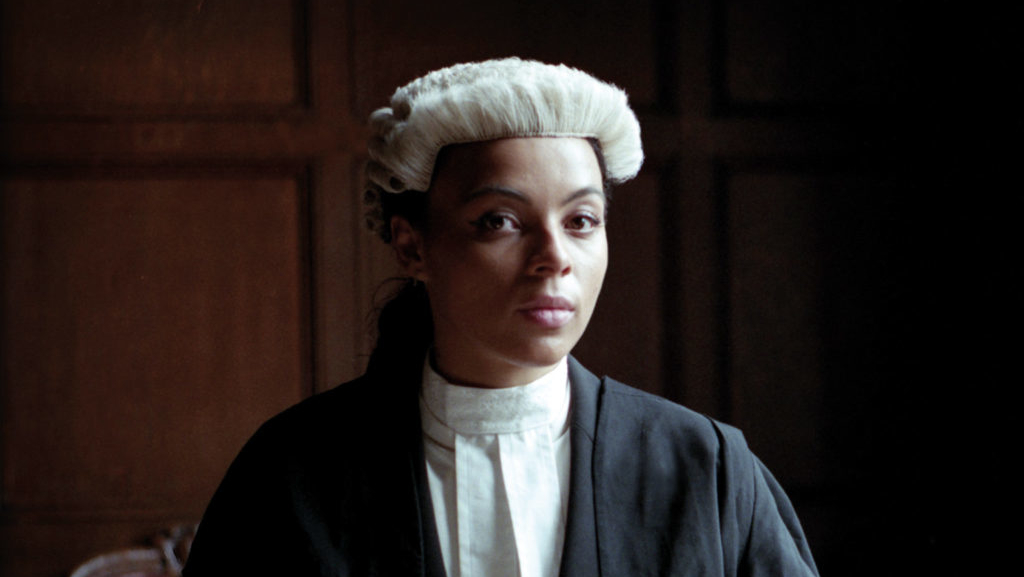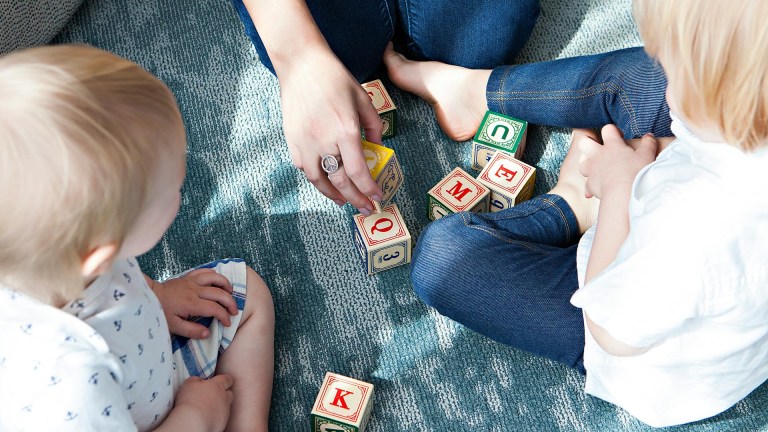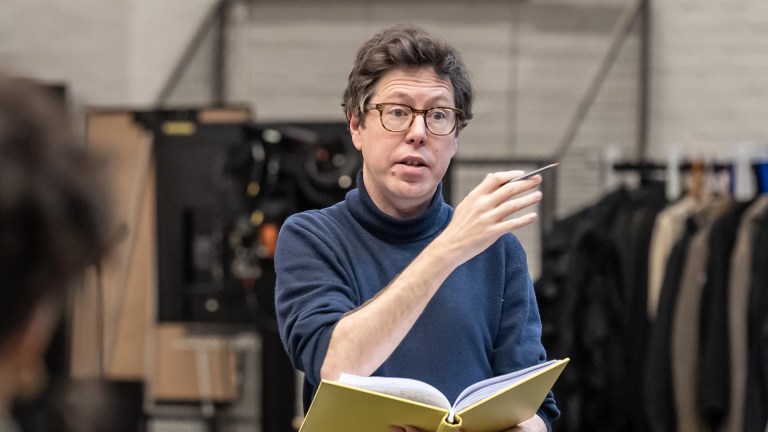A day at the Youth Court, when a list of more than 30 cases were to be heard, really stood out during my first few months representing clients. What was most devastating was seeing these young people sitting outside the courtroom: some with their parents, some with carers or social workers, and some on their own. There were as many children waiting for their case in that one courtroom on that one day as there were in my secondary school classes. These children should have been at school too. Many of them would have to miss school again, either because the court would run out of time to deal with all the cases that day or their case would progress and there would be further hearings. They were missing out on an education, which could undoubtedly affect their futures.
Education is so important. For me it has provided opportunities and social mobility. I attended a state comprehensive until 16, and then a state grammar school for sixth form. Doing well at school led me to be offered a place at Oxford University and my education there enabled me to start a career at the Bar.
I enjoyed attending state schools, as much as anyone enjoys attending school as a teenager, but I worried that my education would be seen as inferior. That fear manifested itself at university when one of the first questions I was asked by peers was which school I had gone to. I knew they wouldn’t know my school; the question is intended to identify which one of the small number of elite private schools a person comes from, and I hadn’t come from any of them.
Approximately 6.5 per cent of children in the UK attend independent schools. Yet, somehow, almost 40 per cent of places for domestic students at Oxford, and around 30 per cent of those at Cambridge, are awarded to the privately educated. While attendance at a private sixth form is a little higher, around 15 per cent, there is no doubt that private school children are massively overrepresented at Oxbridge. Private schools are inherently unfair, that’s why people pay for them. If they didn’t offer an advantage, people would not pay huge sums of money to send their children to them. This has a huge impact on professions that are still dominated by Oxbridge and other leading universities, like the Bar, and the Bar Standards Board statistics suggest that around 17 per cent of barristers attended an independent school.
The Bar is already a very expensive profession to enter. My Bar training course cost me £19,000 in addition to my degree (which was more than £40,000) and a conversion course (£11,000). Even once you have completed your studies, there are expenses for further training and qualifying sessions, as well as for the horsehair wig and wool gown. These costs are a barrier for many and it is hardly surprising that they often deter prospective barristers. A result of these economic barriers is that people from lower socio-economic backgrounds are among those most likely to be deterred from applying to top universities or for professions like the Bar, and this has a huge impact on the diversity of these institutions.
Many of my clients live in poverty. The gap between them and some more privileged barristers is huge
In my career, I can see first-hand how important it is to have diversity at every level. Many of my clients are living in poverty and many are homeless. The gap between them and some more privileged barristers is huge, and this gap means it is hardly surprising that many clients have told me that they found their previous barrister unrelatable. As barristers we provide voices for people at some of the most difficult stages in their lives and it is so important that people feel they can trust us. That is made more difficult if our clients are alienated by us and don’t see that we have anything in common.









